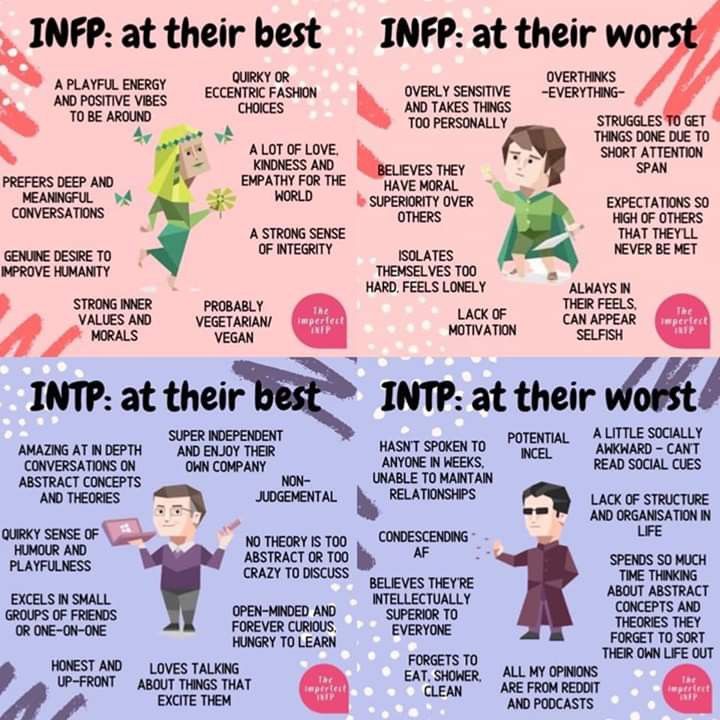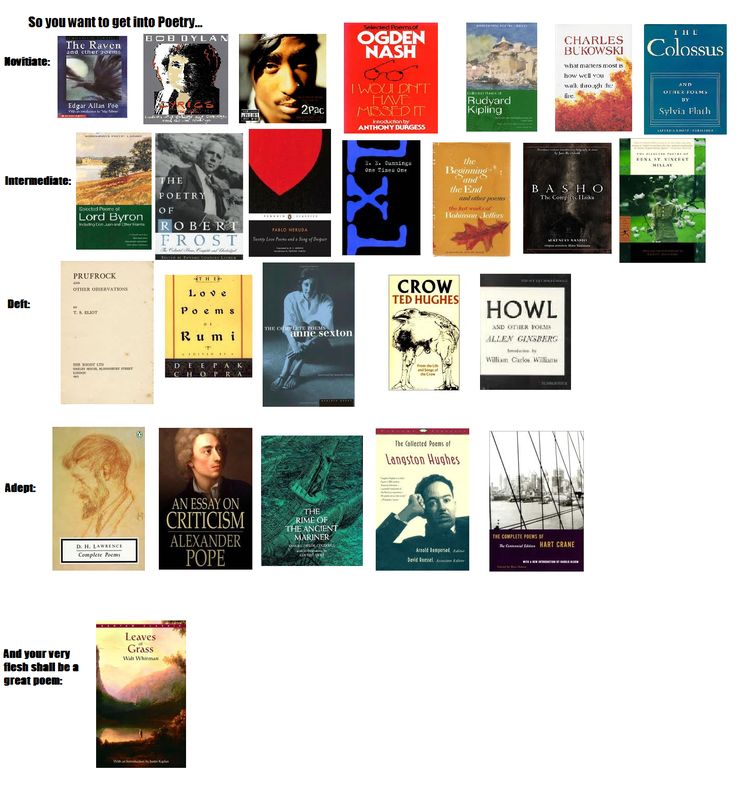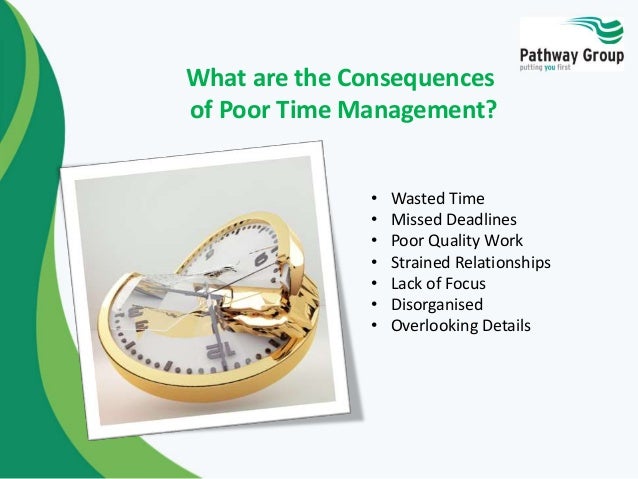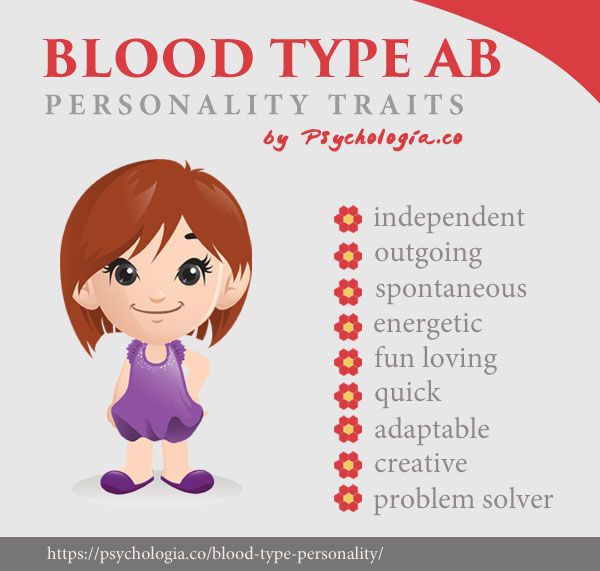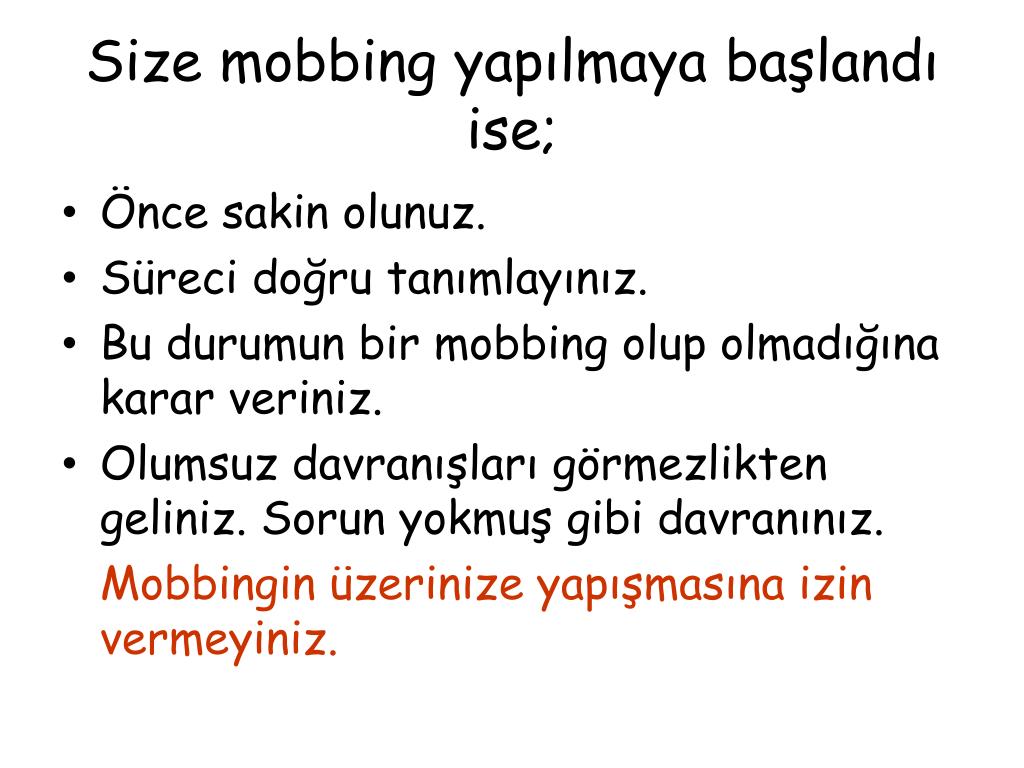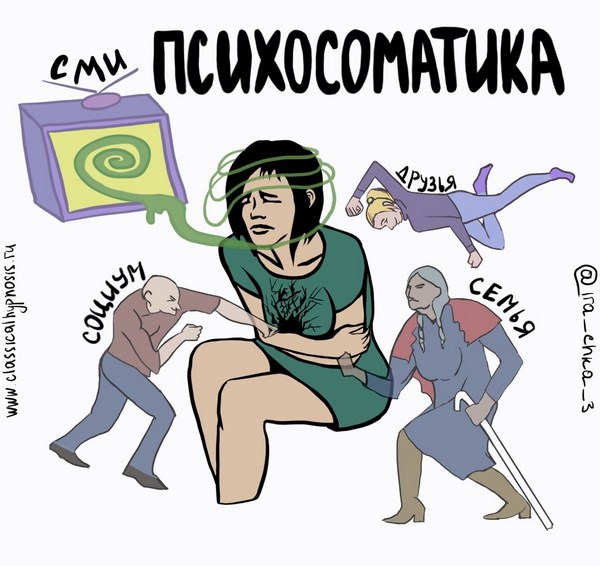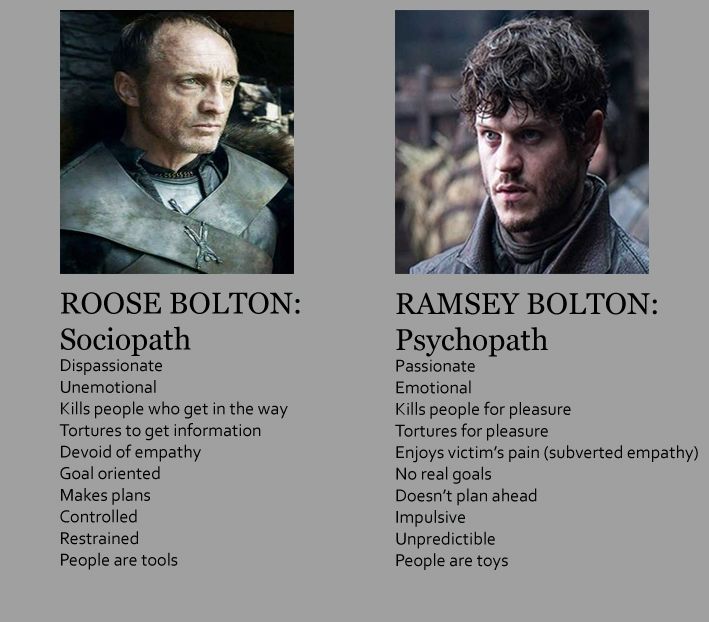Child personality types overcontrolled undercontrolled resilient
Is My Child Resilient, Undercontrolled Or Overcontrolled?
Last updated on By MPGteam
According to the Encyclopedia of Children’s Health, “personality is what makes a person a unique person, and it is recognizable soon after birth. A child’s personality has several components: temperament, environment, and character.” Although personality is speculated to continue to develop throughout several stages from infancy to adolescence, research has identified three personality types that may be displayed very early in life – as young as preschool – and persist throughout adulthood. In addition, some speculate that these different personality types lead to different outcomes in various areas such as school, socialization, behavior, and self-esteem.
What are these three personality types? And which one might describe my child?
The three personality types with their associated traits are as follows:
Resilient:
- Extraverted
- Conscientious
- Good at modulating emotions
- Bounce back from adversity
- Self-confident
- Positive orientation towards others
Overcontrolled:
- Shy
- Self-conscious
- Uncomfortable around strangers
- Low receptivity and openness to try new things and constructive feedback from others
- Low flexibility
- Inhibited emotional expression and low emotional awareness
- Low connectedness with others
- Perfectionistic
Undercontrolled:
- Disagreeable
- Lack self-control
- Low conscientiousness
- Low impulse control
- Emotionally dysregulated
- Aggressive
What are the outcomes seen in children with these different personality types?
| Resilient | Overcontrolled | Undercontrolled | |
| Intelligence | High | Medium | Low |
| Academic performance | High | Medium | Low |
| Positive school behavior | High | High | Low |
| Internalizing problems | Low | High | Medium |
| Externalizing problems | Low | Low | High |
| Loneliness | Low | High | Low |
| Delinquency | Low | Low | High |
In addition to these outcomes, additional research by Jaap Dennissen, a professor of psychology at Humboldt University in Berlin, Germany, found that both undercontrollers and overcontrollers took longer to move into adult roles, such as leaving home, developing a romantic relationship, and starting a career. This was believed to be due to a social adeptness that is required to accomplish these things, which under- and overcontrollers may take longer to develop.
If my child seems to be an under- or overcontroller is there anything that can be done to help?
According to Daniel Hart, a professor of psychology and director of the Center for Children and Childhood Studies at Rutgers University, “Parents should understand that just because kids start out over- or undercontrolling doesn’t mean they can’t succeed in life.”
For overcontrollers, additional supports can focus on the following:
- Developing age-appropriate social skills
- Identifying and expressing feelings instead of internalizing them
- Becoming more flexible in trying new things and being open to feedback
- Tolerating mistakes
- Increasing self-confidence
For undercontrollers, additional supports can focus on:
- Increasing emotional and behavioral regulation through the use of learning more appropriate ways to express feelings
- Helping supportive adults develop good strategies in dealing with both positive and negative behaviors.

- Increasing perspective taking abilities and empathy for others.
- Teaching conflict resolution skills
Who can help my child these things?
The aforementioned supports can be provided by a variety of people such as parents and teachers, but if you become concerned that your child is not making progress in these areas, he or she may benefit from individual, family and/or group therapy services provided by a trained clinician. Social workers and psychologists have received specific training in different strategies that help children work on these things and they can also guide you in how to best support your child at home and in the community.
Resources used for this blog:
http://www.nbcnews.com/id/22554554/ns/health-childrens_health/t/personality-may-be-set-preschool/#.XH_5EsBKiUl
https://www.researchgate.net/publication/264730913_Resilient_Overcontrolled_and_Undercontrolled_Personality_Types_Issues_and_Controversies
http://www.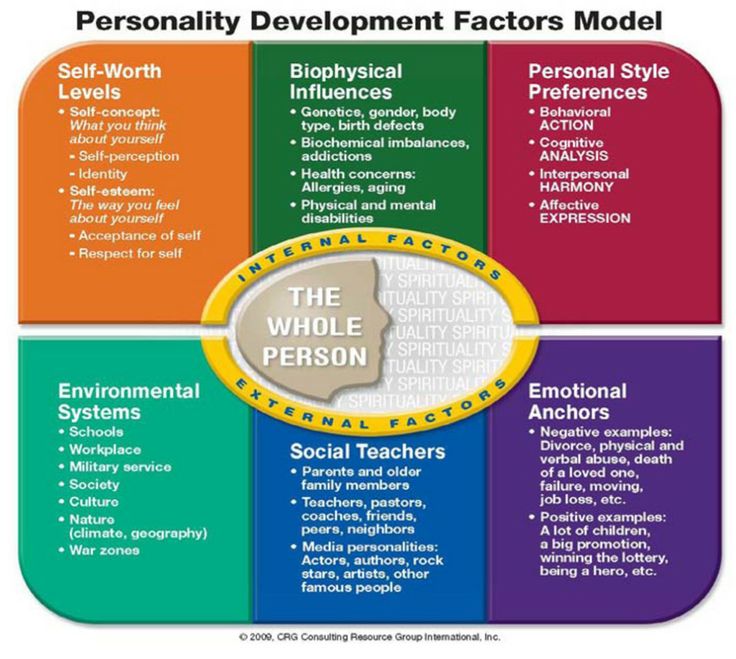 healthofchildren.com/P/Personality-Development.html
healthofchildren.com/P/Personality-Development.html
https://www.psychologytoday.com/us/blog/pieces-mind/201801/working-toward-psychological-health
http://www.radicallyopen.net/self-control/
Written by Erika Stapert, PsyD
Personality may be set by preschool
Ever wonder if that quiet girl who hid in the back corner of the classroom ever burst out of her shell? Perhaps she became a whiz at computers. And what about the class clown? Did all his attention-grabbing antics develop into a charm that would later earn him big bucks selling timeshares in Bermuda?
New research shows that in most cases the personalities displayed very early in life — as young as preschool — will stay with us into adulthood. The wallflowers will stay shy and reticent, though they will learn in time to be a little more sociable and assertive. And the average kids, the more resilient ones, will remain so.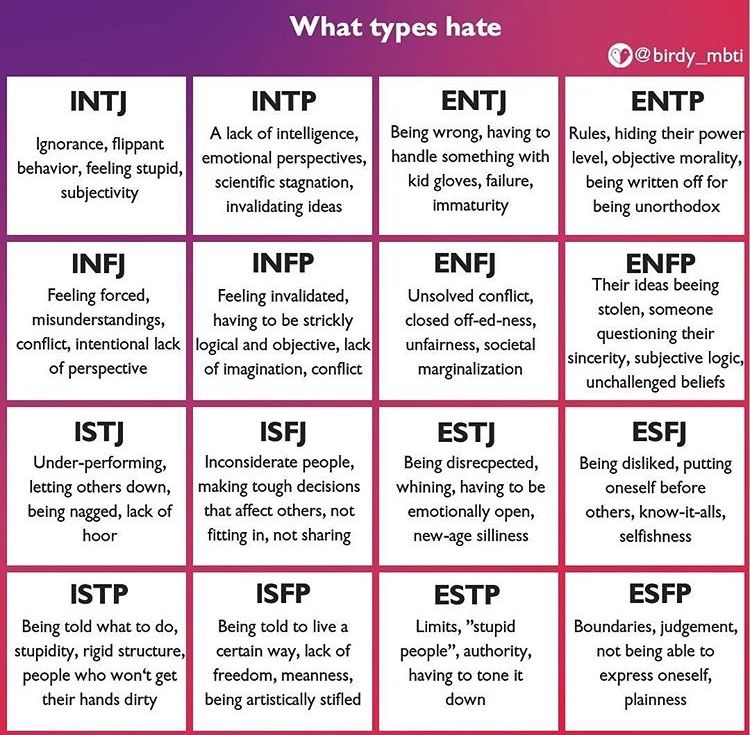
But there is an interesting exception: The study found that as the most noisy and rambunctious kids hit their 20s, they still were more aggressive than the others yet they had become considerably more withdrawn than they were earlier in life. The researchers suspect that negative feedback from peers over the years makes these kids more self-conscious and quiet.
"At first, their impulsive behavior may appear 'cool,' gaining them social recognition," says the study’s lead author Jaap Dennissen, a professor of psychology at Humboldt University in Berlin, Germany. "However, as people grow up and are expected to act more mature, such impulsive behavior is increasingly rejected. Because of this expected rejection by peers, [they] may act in an increasingly shy manner.”
The new study, which appears in the February issue of the Journal of Personality, followed 103 kids for 19 years, starting when they were age 4 and ending when they hit their early 20s. To get an initial sense of the preschoolers’ personalities, the researchers surveyed both teachers and parents when the children were ages 4, 5 and 6.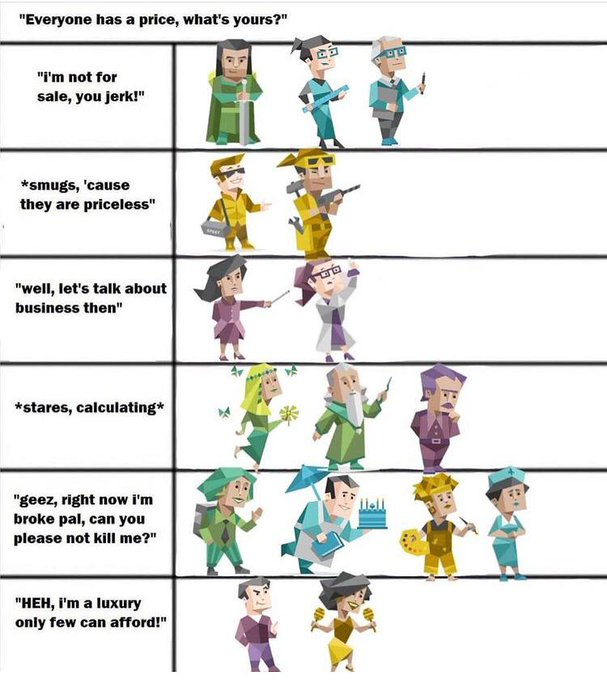 Based on the observations of their parents and teachers, the children were identified as having one of three personality types: overcontrolled, undercontrolled or resilient.
Based on the observations of their parents and teachers, the children were identified as having one of three personality types: overcontrolled, undercontrolled or resilient.
The overcontrolled kids were generally the ones most of us would categorize as shy: quiet, self-conscious, uncomfortable around strangers. “Overcontrollers control their emotions too much,” explains Dennissen. “So they are less able to act ‘natural’ and ‘spontaneous.’ Because they are so slow to warm up, they are seen by others as shy.”
Undercontrollers have too little control over impulses, Dennissen says. “When they feel frustrated they may act aggressively towards others, notwithstanding the negative consequences.”
The resilient kids are the ones in the middle who are good at modulating their emotions, interacting with others and bouncing back from adversity.
Some mature faster than others
Over the course of the study, Dennissen and his colleagues checked back in on the kids through questionnaires filled out by the parents every year up until the children were 10, and then again when the children reached the ages of 12, 17 and 23.
Interestingly, compared to the resilient children, both undercontrollers and overcontrollers took longer to move into adult roles, such as leaving home, starting a romantic relationship or finding a career. Accomplishing these milestones requires social adeptness that over- and undercontrollers may take longer to develop.
Ultimately, though, no matter which group kids start out in, they usually turn out just fine in the end, experts say. One factor that may help things along is a part-time job during the teen years, according to Dennissen. He and his colleagues found that such work experience led to lower levels of aggressiveness among both over- and undercontrolled kids. With the early job experience, teens learn some of life’s rules, such as that aggression generally doesn’t pay, Dennissen explains.
One thing that isn’t clear from the new study is whether actual personalities were changing with time — or just behaviors.
Even though behaviors, such as shyness, appear to change as kids get older, the underlying personality may remain the same, says Jerome Kagan, an emeritus professor of psychology at Harvard University. So someone may remain an introvert on the inside but work at being more outwardly sociable.
So someone may remain an introvert on the inside but work at being more outwardly sociable.
An earlier study by Kagan and his colleagues used MRI scans to show that the brains of young adults who were identified as shy when they were toddlers worked differently than those who had been more extroverted as kids.
Kagan faults the new study for not looking at the impact of social class on behavior. Kagan, who has spent a lifetime studying whether personality changes with age, says that a host of factors, including class, can make a huge difference in how kids mature.
Kids from middle- and upper-class homes realize pretty quickly that they are from a privileged class, Kagan says. This gives them confidence. Those from poor and/or blue collar homes may become angry at their starting place in the world and that can lead to more aggression.
Other researchers believe that brain wiring — and hence personality — may actually change depending on what types of experiences people have as they grow up.
It’s quite possible that life events change the brain’s biology, says Rebecca L. Shiner, an associate professor of psychology at Colgate University and an associate editor of the Journal of Personality.
“There may be genuine changes at the biological level,” Shiner says. “We don’t yet know enough about that. The research out there suggests that there is moderate stability to personality by the time we reach age 3, but also that tremendous change occurs even up until the 50s. We need to figure out what causes change.”
Rounding off the 'sharp edges'
Parents should understand that just because kids start out over- or undercontrolling doesn’t mean they can’t succeed in life, says Daniel Hart, a professor of psychology and director of the Center for Children and Childhood Studies at Rutgers University.
By taking the time to teach overcontrolling kids social skills that seem to come naturally to the more resilient ones, parents can help their children overcome, or at least compensate for, shyness, Hart says.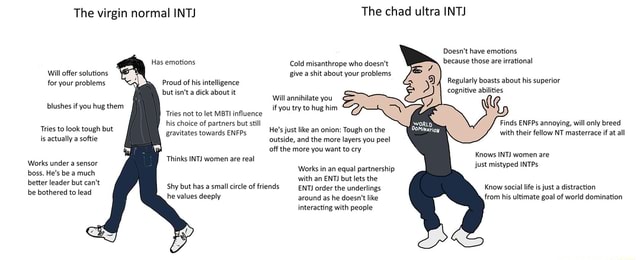 In the same way, undercontrollers can be taught to rein in their emotions and be more sensitive to others.
In the same way, undercontrollers can be taught to rein in their emotions and be more sensitive to others.
“There are studies that show you can round off the sharp edges of personality,” Hart says.
Linda Carroll is a health and science writer living in New Jersey. Her work has appeared in The New York Times, Newsday, Health magazine and SmartMoney.
SUNTS UrFU
Timetable
Electronic journal
Applicants
Olympiads, tournaments, competitions
Work plans
Preparatory courses
News:
29.12.2022
Success in the All-Russian Competition of Training Vessels
For the first time in the history of the Sverdlovsk Region, the team of the SSC UrFU took part in the final stage of the XVI All-Russian Competition of Training Vessels.
12/24/2022
Victory in the first regional training court tournament
The team of the SSC UrFU won the first regional tournament in the history of the Sverdlovsk region of the XVI All-Russian competition of training ships.
23.12.2022
The long-awaited award
The winner of the All-Russian Olympiad in artificial intelligence received the award from the hands of the Governor of the Sverdlovsk Region.
23.12.2022
Volleyball. Results
SUNC teams successfully performed at the championship of the Kirovsky district of Yekaterinburg.
12/22/2022
Success at the All-Russian Olympiad
Teams from SUNC UrFU successfully performed at the All-Russian Olympiad in programming.
21.12.2022
Happy New Year, Lyceum!
Our favorite winter holiday has come to our SASC!
More news
Video gallery:
New Year greetings (December 2022)
SUNTs.ART (November 2022)
Gornozavodskoy Ural (October 2022)
More videos
About us:
Specialized Educational and Research Center (SSC) is a structural subdivision of the Federal State Autonomous Educational Institution of Higher Education “UrFU named after the first President of Russia B. N. Yeltsin, created in 1990 as a non-standard structural subdivision of the university, which provides in-depth differentiated training in programs of basic general and secondary general education. There are 10 SUNCs in Russia in total. Until May 2011, the SUNC worked as part of the Ural State University named after A. M. Gorky (USU). nine0003
N. Yeltsin, created in 1990 as a non-standard structural subdivision of the university, which provides in-depth differentiated training in programs of basic general and secondary general education. There are 10 SUNCs in Russia in total. Until May 2011, the SUNC worked as part of the Ural State University named after A. M. Gorky (USU). nine0003
Currently, the SUSC has 8 departments staffed by the UrFU faculty and teachers. Education is carried out according to the author's programs developed in accordance with federal state educational standards; as part of the SASC - 8-11 classes of various profiles.
Students from other cities live in a cozy hostel.
Admission is made in grades 8, 9, 10 and 11. There are preparatory courses.
For more information about the rules for admission to the STSC, please contact the competitive selection department
by phone +7 343 367-82-22 and in the "Applicants" section of our website.
How to find us:
Danila Zvereva st.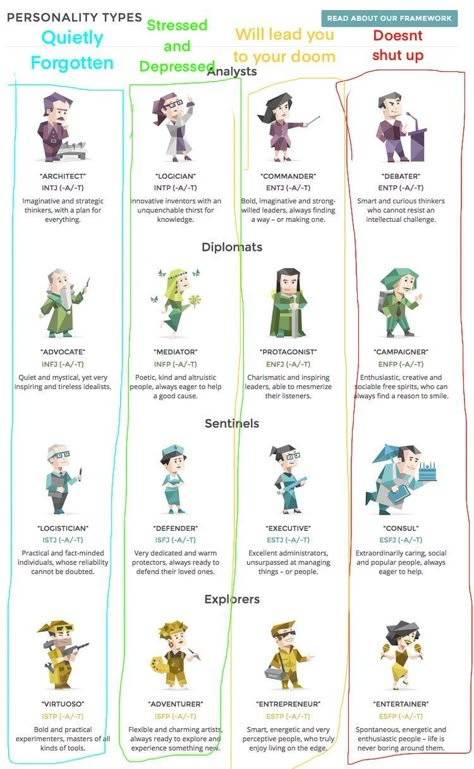 , 30, Yekaterinburg. N56°52´4˝ E60°39´16˝
, 30, Yekaterinburg. N56°52´4˝ E60°39´16˝
Directions:
- by buses No. 48, 52, 81 to the Avangard Firm stop;
- by buses No. 28, 58 to the Danila Zvereva stop, then 7 minutes walk along Danila Zverev Street;
- by trolleybus number 18 to the stop "Danila Zverev", then 14 minutes on foot along the streets of Sulimov, Danila Zverev; nine0089
- by trolleybus No. 4 to the stop "Sulimov", No. 19, 32 to the stop "Borovaya", then 15 minutes on foot along the streets of Borovaya, Vilonova, Danila Zverev.
Page not found | Moscow Economic Journal
Sorry - that page can't be found. You can view the most recent articles below or try a search:
Find:Posted by redaktor
The ComNews information group invites you to take part in a large-scale industry event - the IV Federal IT Forum of the agro-industrial complex of Russia - "Smart Agro: Digital Transformation in Agriculture".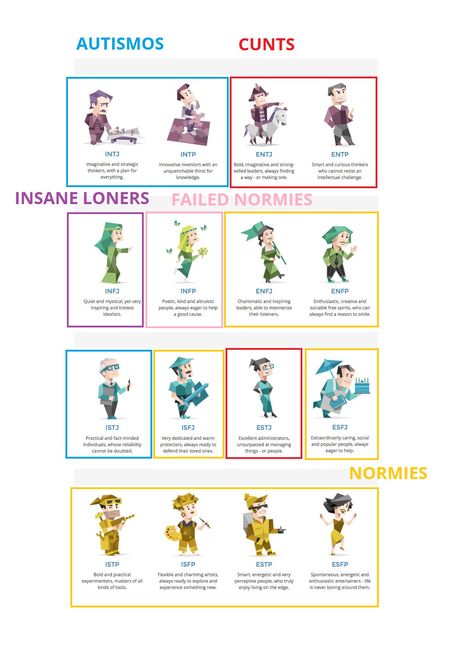 Date: October 27, 2022 Venue: Hilton Garden Inn Moscow Krasnoselskaya, st. Verkhnyaya Krasnoselskaya, 11a, building 4, Moscow Forum site: https://www.comnews-conferences.ru/ru/conference/smartagro2022 The event provides for the possibility of online participation. Broadcast for […]
Date: October 27, 2022 Venue: Hilton Garden Inn Moscow Krasnoselskaya, st. Verkhnyaya Krasnoselskaya, 11a, building 4, Moscow Forum site: https://www.comnews-conferences.ru/ru/conference/smartagro2022 The event provides for the possibility of online participation. Broadcast for […]
Posted by redaktor
PDF file of the article Scientific article Original article UDC 33 doi: 10.55186/2413046X_2023_8_1_17 EXPERIENCE OF PUBLIC-PRIVATE PARTNERSHIP DEVELOPMENT IN GERMANY1 section X01 according to FGM01-y-2 , subsection 139 of the FNI Program of State Academies for 2020, R&D registration number 1021062411604-8-4.1.1 Yudin Andrey Alekseevich, Candidate of Economic Sciences, […]
Posted by redaktor
PDF file of the article Scientific article Original article -mail: Pavlova.